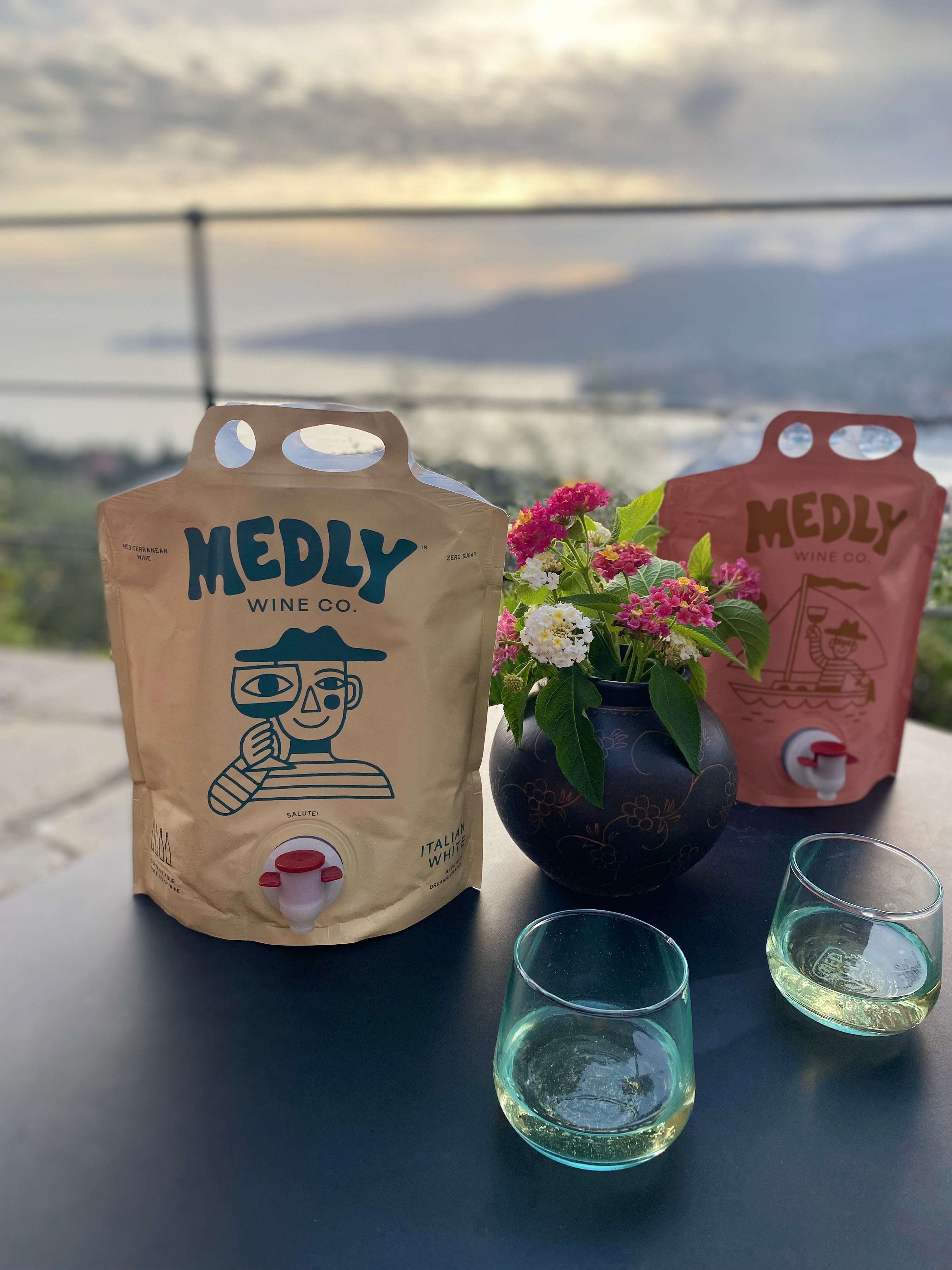Introduction to the Concept of “Hangover-Free” Wine
Imagine enjoying a glass (or several glasses) of wine without the dreaded next-day headache or fatigue. The idea of hangover-free wine is tempting, but is it too good to be true?
While no wine can truly promise a hangover-free experience, some wines may reduce the severity of hangover symptoms. In this post, we’ll explore the causes of wine-induced hangovers, what makes certain wines gentler on the body, and how you can make informed choices.
Why Does Wine Cause Hangovers?
Understanding Hangovers and Wine
A hangover typically includes symptoms like headaches, dehydration, fatigue, and nausea. When it comes to wine, certain factors may exacerbate these effects.
Key Components in Wine That May Trigger Hangovers
-
Alcohol Content
The higher the alcohol by volume (ABV) in your wine, the more dehydrated you’re likely to feel. Dehydration is a major contributor to hangover symptoms.
-
Sulfites and Additives
Sulfites are used as preservatives in wine, and while they aren’t the primary cause of headaches for most people, some individuals are sensitive to them. Other additives, like artificial flavor enhancers, can also affect how your body processes wine. Our bodies are not built to process the many artificial additives used in conventional winemaking.
-
Sugars and Tannins
Sweet wines with higher residual sugar, and also wines that add sugars back after fermentation, can lead to blood sugar fluctuations, intensifying hangover symptoms. High tannin levels, found in some red wines, may trigger headaches in sensitive drinkers.
III. Exploring the Idea of Hangover-Free Wine
What is Hangover-Free Wine?
The term hangover-free wine is more of a marketing claim than a scientific fact. However, certain types of wine—especially those made with minimal intervention—might help mitigate hangover symptoms.
Low-Sulfite and Low-Additive Wines
Wines with fewer sulfites or added chemicals are often gentler on the body, particularly for those with sensitivities.
Organic and Natural Wines
Organic and natural wines avoid synthetic pesticides and additives, which can contribute to cleaner, more digestible wines. Some also have lower alcohol levels, reducing hangover risks.

Best Types of Wine for Avoiding Hangovers
Low-Sulfite Wines
While sulfites aren’t the main hangover culprit, low-sulfite wines can benefit those who are sensitive to them.
Dry Organic Wines
Organic wines with low residual sugar provide a cleaner experience, reducing the likelihood of blood sugar spikes that contribute to hangovers.
Medly Wines
All Medly wines are low-sulfite, organic, and lower-ABV wines, perfect for those seeking a gentler wine experience with all the delicious flavor and complexities that you look for in wines.. Without the additives that non-organic wines often use, Medly wines gives you the best options available, for the best price. Explore our custom organic wines here.
Debunking Myths About Hangover-Free Wine
-
Myth: Organic Wine Guarantees No Hangover
Organic wine may reduce some symptoms due to fewer additives, but hangovers are primarily caused by alcohol, so moderation is still key. -
Myth: Low-Sulfite Wines Never Cause Headaches
While low-sulfite wines help some people, headaches are more often related to alcohol or tannin content than sulfites alone. -
Myth: Drinking Only Red or White Prevents Hangovers
Your choice of red or white wine matters less than the alcohol content, sugar levels, and additives in the wine.
FAQs on Hangover-Free Wine
Does organic wine cause fewer hangovers?
Organic wine may reduce hangover severity due to its lack of synthetic additives and lower alcohol content in some cases.
Are sulfites the reason for wine headaches?
Not entirely. While sulfites can affect sensitive individuals, factors like dehydration, alcohol content, synthetic additives, flavoring and coloring agents, and higher tannins are often more significant.
Can low-alcohol wine prevent hangovers?
Lower-alcohol wines reduce dehydration and lessen the strain on your liver, making them a better option for avoiding hangovers.
Conclusion: Can Hangover-Free Wine Really Exist?
While no wine can completely eliminate the risk of a hangover, certain choices—like lower-alcohol, low-sulfite, and organic wines—can help minimize symptoms. Pair these with good drinking habits, like staying hydrated, and you’re well on your way to enjoying wine with fewer regrets.
Ready to sip smarter? Discover Medley’s collection of hangover-friendly wines here and raise your glass to a healthier wine experience.
To happiness and health!
Aaron





